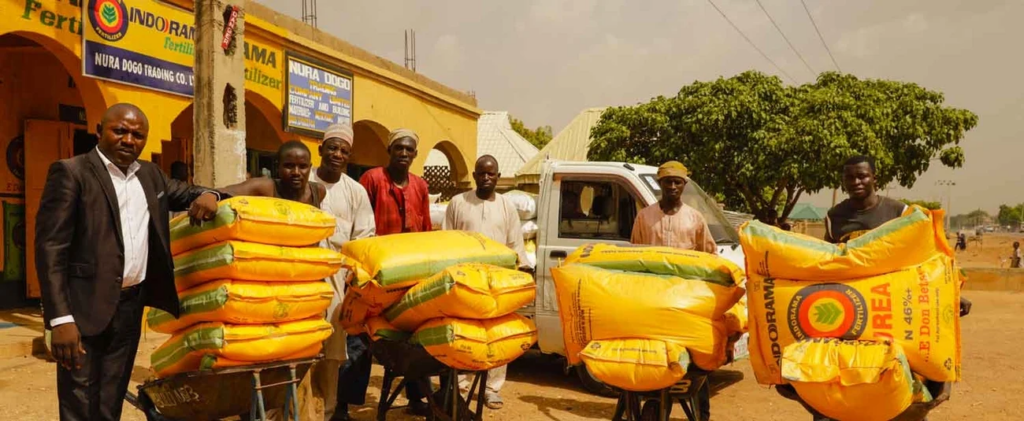DAKAR, Senegal, 8 March, 2021-/African Media Agency (AMA)/- Another generation of women will have to wait for gender parity, according to the World Economic Forum’s Global Gender Gap Report 2021. As the impact of the COVID-19 pandemic continues to be felt, closing the global gender gap has increased by a generation from 99.5 years to 135.6 years.
It makes a mockery of International Women’s Day, which in 1977 the United Nations General Assembly declared an annual event. Human rights are the basic minimum protections which every human being should be able to experience daily. Yet even today throughout Africa – and indeed the rest of the world – not all people are able to enjoy and exercise their rights in the same way.
Treating women’s rights as human rights and recognizing that women are equal humans with equal ability, has always been fundamental to African women’s movements. As part of our initiatives for International Women’s Day, we are looking at how women have fought to be put on an equal footing.
Women’s rights are human rights and almost nobody today will say they do not believe in human rights. The challenge I lay down to all of us is to change our bias that women’s rights are everyone’s rights. With human rights there is no ‘us’ and them’ – we are all human beings. If you believe in human rights, if you believe in human equality, if you believe that no one should be the property of another, that no one should be subject to violence just because, that everyone should freely make choices about their own bodies and life, then women’s rights should be your fight. If anyone does not believe women’s rights are their fight, then they actually do not believe in human rights.
Niyel is involved in a broad range of advocacy initiatives across the continent. Although not all of them directly address women’s rights, women’s rights are indirectly at the core of everything we do. For instance, access to water and sanitation is one such initiative. Poor sanitation, no separate public toilet facilities for women and girls, and lack of on-tap water are factors which disproportionately affect women who in rural areas still bear the brunt of collecting water for drinking, cooking and cleaning. Niyel for the past five years has been closely involved in influencing sanitation policy at government level particularly across West Africa, and that initiative is inclusive of women’s needs and rights, as well as men’s.
This year Niyel is launching an educational book series called ‘Sit with Me’ authored by women of all ages with experience in the struggle for women’s rights and which ‘speak’ to younger women and girls. It depicts their experiences and gives encouragement to continue the struggle.
As proud as we are of these initiatives, we are conscious that the issue goes deeper than the observation of a day or a month. As we all seek to break the bias in various sectors of our society, our focus must remain on understanding how and why these biases are being enforced as well as who is allowing them to dominate the mainstream media, social and otherwise.
We tend to underestimate the active and intentional anti-women agenda that is very active on the continent. We may think that it is just cultural norms and context but although some of that is true, there is an organized institutional and growing opposition to women’s rights, bodily autonomy, and sexual and reproductive rights of women in Africa.
For a few years, we have been studying these oppositions that increase barriers to women’s rights and being intentional about how we tackle them in our work.
As part of this study, and since, some alarming examples of gross bias against women’s rights have emerged in the media and entertainment industries. The same industries that are supposed to be breaking the bias, are some of the greatest perpetrators of bias. One example, amongst many, is a television show host in Cote d’Ivoire in August 2021 that interviewed a rapist who proceeded to visually dramatise in unnecessarily explicit detail with a manikin doll how he raped women, to the merriment of a live audience and television crew. What was meant to be a denunciation of rape became a defence of it, with no consequences for the television channel other than an enforced apology by the presenter. Following a public outcry, and sustained pressure from women’s organizations in Cote d’Ivoire, the rapist was finally convicted but sentenced only to one year with parole and as such, served no jail time.
The impact of such shows is to entirely undermine what we’re trying to achieve, which is the change of bias and viewpoints towards women. The show was meant to forward women’s advocacy but actually trivialised rape and women’s rights and endorsed the normalising of abuse through degrading humour. There is an entire process which leads to the production of a television show, and this demonstrates how ingrained the culture of abuse of women is. Not one person in the chain of command saw fit to stop it before it was allowed to air.
Although there is progress in women’s rights, it sometimes feels like each step forward is met by ten steps back. And the voices that have millions of ears and eyes, have to check their ingrained biases with even greater scrutiny.
I am not free from biases, and I choose to acknowledge that I have blind spots and check myself. I invite you to do the same and pay attention to how your own biases might be rampant in the media you and your community consume. When you do, check them too.
That is how we do our part in breaking the bias.
Distributed by African Media Agency on behalf of Niyel.
The post The Distance Still To Go In Recognising That Women’s Rights Are Human Rights appeared first on African Media Agency.






